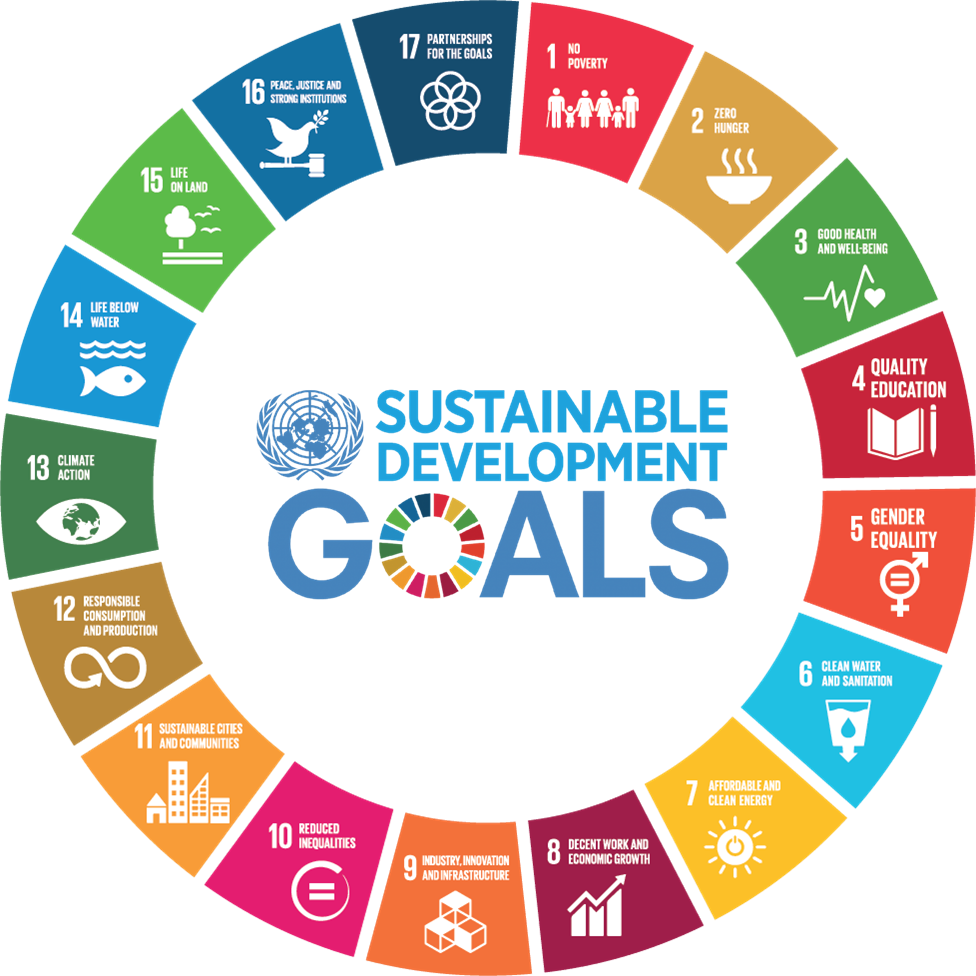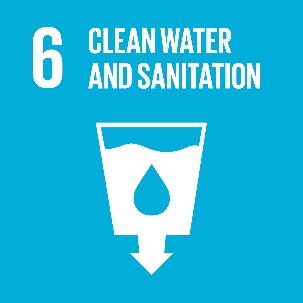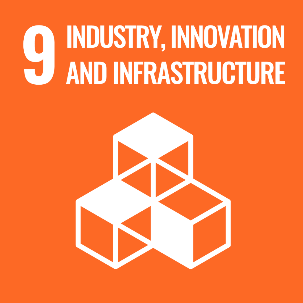In 2015 the United Nations launched a collection of 17 ambitious Sustainable Development Goals (SDGs) designed to be a “blueprint to achieve a better and more sustainable future for all”. The aspiration to achieve these goals by 2030 will only be fulfilled if industries as a whole and individual companies fully accept and commit to their responsibility in building a better future.

The leather industry, which each year uses an estimated 400 – 500 billion litres of water and large quantities of chemicals, can certainly be a key contributor to achieving these goals. Our industry has already come a long way in the last 30 years and can set an example for others in continuing to improve its environmental footprint.
Qualus’ Sfere technology can help tanneries address four SDGs.
Sustainable Development Goal 6: Clean Water and Sanitation for All

SDG 6 aims to “ensure availability and sustainable management of water and sanitation for all,” a key element of which is increasing water-use efficiency and ensuring freshwater supplies. A mere 3% of the Earth’s water resources are of freshwater. As the world’s population grows and freshwater resources continue to decline, an ever-increasing number of people are regularly faced with the challenges of water scarcity.
Qualus’ Sfere technology reduces the water required for tanning and retanning of leather by 40% to 50%, thereby enabling the greater availability of safe and affordable freshwater for drinking and sanitation.
Sustainable Development Goal 9: Industry, Innovation and Infrastructure

SDG 9 aims to “build resilient infrastructure, promote sustainable industrialization and foster innovation.” One of the primary targets for achieving this SDG is to make industries sustainable “with increased resource-use efficiency and greater adoption of clean and environmentally sound technologies.” Manufacturing is of course an essential element of the global economy, not only because of the need for products, but also because the livelihood of 14% of the world’s population depends directly on manufacturing. The key, however, is to make it sustainable by producing more with less and wasting as little as possible.
Sfere technology supports SDG 9 by reducing the chemicals required for tanning and retanning (typically by 10% to 15%) and more effectively delivering the chemicals to the hides. By enhancing the mechanical action in the drum, processing with Sferes results in better delivery of chemicals into the hide, thereby requiring less chemicals to be dosed into the drum. Not only are the input chemicals reduced (without compromising the quality of the leather), but as more of the chemicals end up in the hide, less chemicals are wasted, resulting also in significantly cleaner effluent. Less chemicals in, better delivery of chemicals to the hide, less chemicals wasted, and cleaner effluent!
Sustainable Development Goal 12: Responsible Consumption and Production

SDG 12 aims to ensure sustainable consumption and production patterns. One of the key ways of doing so is to “substantially reduce waste generation through prevention, reduction, recycling and reuse.” In conventional tanning and retanning processes, the water used for processing is typically discharged as effluent. I.e., the water from the process cannot be reused and must be discharged as waste after each cycle.
By replacing significant quantities of water with Sferes as the delivery mechanism or “carrier” for the chemicals, tanneries can transition to a more sustainable production as targeted by SDG 12. First, water usage is reduced. Second, the Sferes, unlike water, are captured for reuse after each cycle. And finally, after being used for hundreds of cycles, Sferes can be recycled into new Sferes or upcycled into other products. Sferes help tanneries reduce, reuse, and recycle, thereby enabling a more sustainable method of production.
Sustainable Development Goal 13: Climate Action

SDG 13 aims to “take urgent action to combat climate change and its impacts”. Essential to doing so is lowering the carbon footprint of industrial activity. The Intergovernmental Panel on Climate Change (IPCC) report from 2018 stated that to limit global warming to 1.5 °C would require global net human-caused emissions of carbon dioxide to fall by about 45% from 2010 levels by 2030. Whenever considering the carbon footprint impact of a change in process, it’s essential to conduct a full life cycle analysis (LCA) to ensure that any gains in one area are not negated or overshadowed by losses elsewhere.
An LCA review of the Sfere technology assessed the positive carbon footprint impact of reducing water and chemical usage alongside the impact of producing Sferes. The study found that the Sfere technology has the potential to lower the carbon footprint of the tanning industry by 750,000 tonnes each year!
The leather industry produces an essential product whose aesthetic and technical properties cannot be replicated by other materials. Our industry has already come a long way in recent decades in developing sustainable production processes and has the potential to go even further. Qualus’ Sfere technology can help tanneries become even more sustainable while also boosting profits without compromising the quality of their products.
To learn more about our innovative Greentech, please email info@qualus.com.


